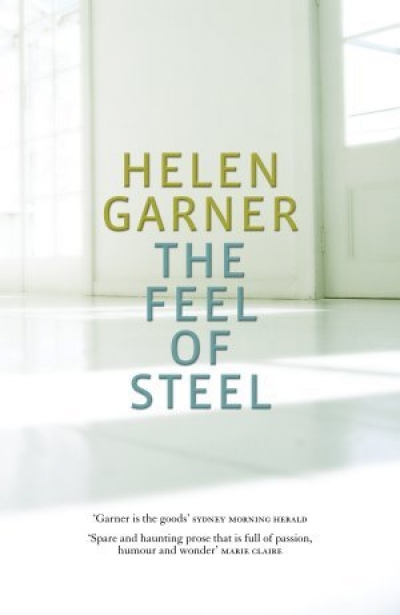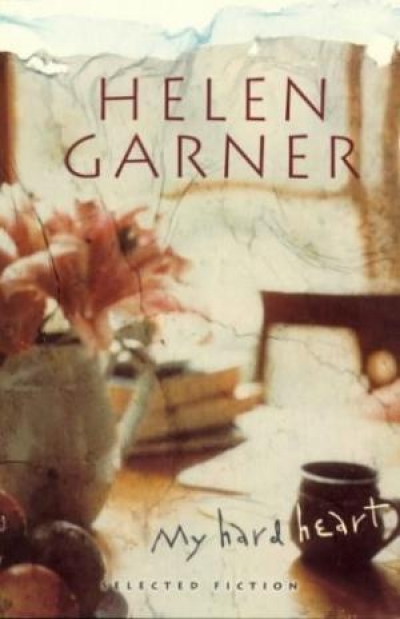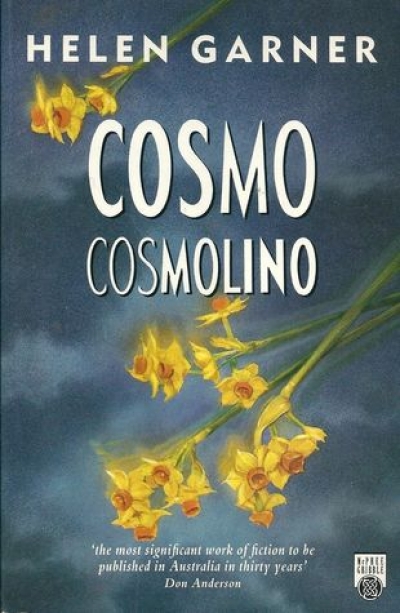Helen Garner
 Helen Garner (born 1942) is an Australian novelist, short-story writer, screenwriter and journalist. Garner’s first novel, Monkey Grip, published in 1977, immediately established her as an original voice on the Australian literary scene – it is now widely considered a classic. She has a reputation for incorporating and adapting her personal experiences in her fiction, something that has brought her widespread attention, particularly with her novels, Monkey Grip and The Spare Room (2008).
Helen Garner (born 1942) is an Australian novelist, short-story writer, screenwriter and journalist. Garner’s first novel, Monkey Grip, published in 1977, immediately established her as an original voice on the Australian literary scene – it is now widely considered a classic. She has a reputation for incorporating and adapting her personal experiences in her fiction, something that has brought her widespread attention, particularly with her novels, Monkey Grip and The Spare Room (2008).
Throughout her career, Garner has written both fiction and non-fiction. She attracted controversy with her book The First Stone (1995) about a sexual-harassment scandal in a university college. She has also written for film and theatre, and has consistently won awards for her work, including the Walkley Award for a 1993 Time Magazine report. Adaptations of two of her works have appeared as feature films: her debut novel Monkey Grip and her true-crime book Joe Cinque’s Consolation (2004) – the former released in 1982 and the latter in 2016.
Ramona Koval: I would like to begin by talking about the differences between writing fiction and non-fiction. You write about birth and youth, sex, illness, death, sisters ... the big things in life. How does that differ for writing fiction and non-fiction, if at all?
Helen Garner: I find that the subjects for non-fiction that I write about seem to present themselves from outside myself, whereas the fictional ones are much more some little thing that’s been worming away at me that I’ve become conscious of. The fiction kind of worms its way out and the non-fiction worms its way in, I suppose you could say it that way.
... (read more)Dear Editor,
Dr Jenna Mead claims, among other things in her most recent attempt to discredit The First Stone, that I have ‘invented dialogue’ and written ‘hypothetical meetings with imaginary characters’. All the conversations and encounters in the book are documented in detailed, scrupulous notes. This includes my account of a telephone conversation between Dr Mead and me, which she would perhaps prefer to think of as a figment of my ‘merciless imagination. If only Dr Mead were an imaginary character – but it would strain the ingenuity of a better writer than I am, to have dreamt her up.
Helen Garner, Elizabeth Bay NSW
... (read more)We are the stories we tell. We need our stories: they make us feel real. Stories give to our personal experience the particular shapes and cohesiveness we call ‘self’. When we enter into new friendships, when we fall in love, we tell our stories. The closer we draw to people, the more of our stories we are willing to risk. ‘Risk’ is always a factor. If we fall out with our closest friends, if love turns to enmity, the stories which are us may be stolen from our telling, and reshaped with malicious intent, putting at peril our cohesiveness, pressing us into despair, pushing towards the fragmentation of self we call madness. The stories which make us strong, self-confident, keep us vulnerable as well. Stories are easy to steal.
... (read more)Here it is, nearly Christmas, and as usual, the list of Books I Have Read is running into the hundreds, and I have that end-of-year mad, fleeting illusion that also afflicts exam-fevered students … that somehow it All Adds Up.
... (read more)Would it surprise you to know that a number of our well-known writers write to please themselves? Probably not. If there’s no pleasure, or challenge, or stimulus, the outcome would probably not be worth the effort. If this effort is writing, it seems especially unlikely that someone would engage in the activity without enjoying the chance to be their own audience.
... (read more)






